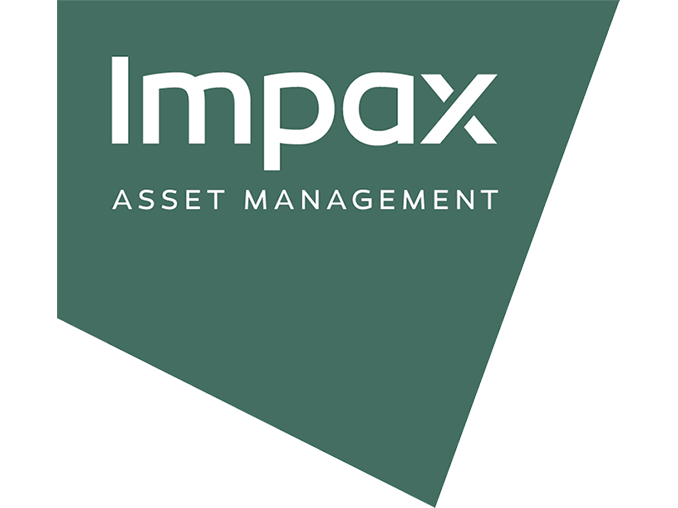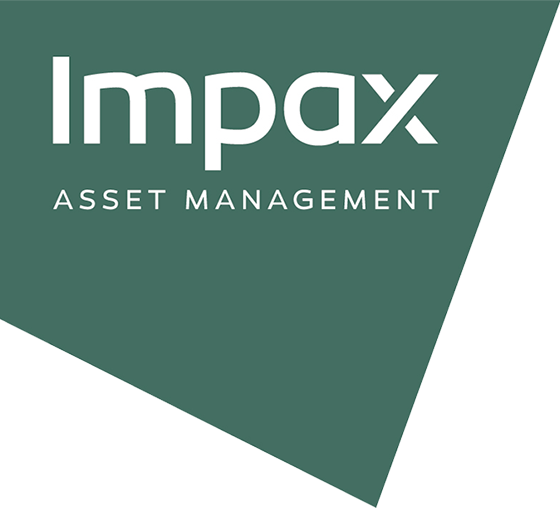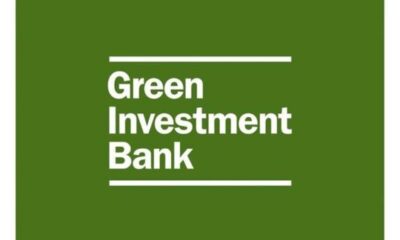

Features
Impax Intelligence – Environmental markets: strengthening drivers and new catalysts
After a year of confounded expectations, making predictions for 2017 may seem like a fool’s errand. But it is the job of investment managers to anticipate the future – and supported by a range of positive developments – we believe that the environmental markets investment thesis remains attractive.
Although the next US President has appointed a climate change sceptic to the post of senior environmental regulator, a Trump administration is likely to be positive for many environmental markets. And, taking a wider view, the global trends that underpin businesses that provide solutions to environmental problems continue to gather momentum.
The macro-economic backdrop
The fiscal context is shifting from austerity to stimulus, with support for infrastructure investment expected from a Trump administration, as well as in countries such as the UK, Japan and Canada. Smaller firms carrying low levels of debt, as is typically the case in environmental markets, also look well positioned to out-perform the broader global equity market if interest rates rise.
Potential upside from infrastructure spending
Increased infrastructure spending promises to boost key environmental market sectors, namely water and waste water infrastructure and technology, environmental testing and environmental consultancies. These companies account for a far larger share of our investment portfolios than the US-based renewables firms that are most exposed to an uncertain fossil energy friendly policy. But even here, we believe the downside has been overplayed. Much support for renewables in the US is at the state level, while key federal tax credits for wind and solar were extended just 12 months ago, with substantial Republican support. Perhaps most importantly, the increasingly attractive economics of onshore wind and solar means that they can continue to compete with coal- and natural gas-fired power generation.
International climate action on course
The mood at the COP22 climate conference in Marrakesh was defiantly optimistic. The response from the international community to Trump’s pre-election threat to “cancel” the 2015 Paris Climate Agreement has been to redouble support for the climate treaty, with China, crucially, reiterating its commitment to addressing climate change. A number of factors explain this mood of determination. First, the science of climate change has become increasingly compelling. Second, the economic opportunity presented by the low-carbon transition is becoming increasingly attractive. Third, the related problem of local air pollution in many developing countries provides a persuasive reason to curb fossil fuel use.
In addition, we remain bullish on renewable energy project investment in Europe, with wind and solar farms offering long-term, inflation-linked returns. In 2017 we expect finalisation of the European Union’s latest directives on energy and climate that target by 2030 the cutting of greenhouse gas emissions by 40% (on 1990 levels), improving renewable energy production by at least 27%, and increasing energy savings by 27%.
Sustainable real estate is also generating opportunities, with tenants and buyers increasingly seeking assets with high environmental standards – and lower running costs.
Hedging risk and accessing upside
We believe that the environmental markets sector will continue to offer investors the flexibility, diversity and resilience both to deliver growth and hedge against emerging environmental risks. By taking an active approach to investing in these dynamic markets, the thesis applies as much in uncertain times as in more benign conditions.
 The author Ian Simm is the Founder and Chief Executive of Impax Asset Management Group plc. Ian has been responsible for building the company since its launch in 1998, and continues to head the listed equities and real assets investment committees.
The author Ian Simm is the Founder and Chief Executive of Impax Asset Management Group plc. Ian has been responsible for building the company since its launch in 1998, and continues to head the listed equities and real assets investment committees.
Prior to Impax, Ian was an engagement manager at McKinsey & Company advising clients on resource efficiency issues. In 2013 he was appointed by the Secretary of State (Senior Minister) for Business, Innovation and Skills as a member of the Natural Environment Research Council (NERC), the UK’s leading funding agency for environmental science. He has a first class honours degree in physics from Cambridge University and a Master’s in Public Administration from Harvard University


 Features9 months ago
Features9 months agoWhat is the Eco-Friendliest Option to Wash Your Dishes?

 Environment12 months ago
Environment12 months agoBuilding a Career in Green Construction: Tips and Insights

 News10 months ago
News10 months ago5 Ways Fleet Maintenance Software Can Help Businesses Be More Eco-Friendly

 Features10 months ago
Features10 months agoAddressing Pressing Ethical Concerns with Crypto Exchanges





























